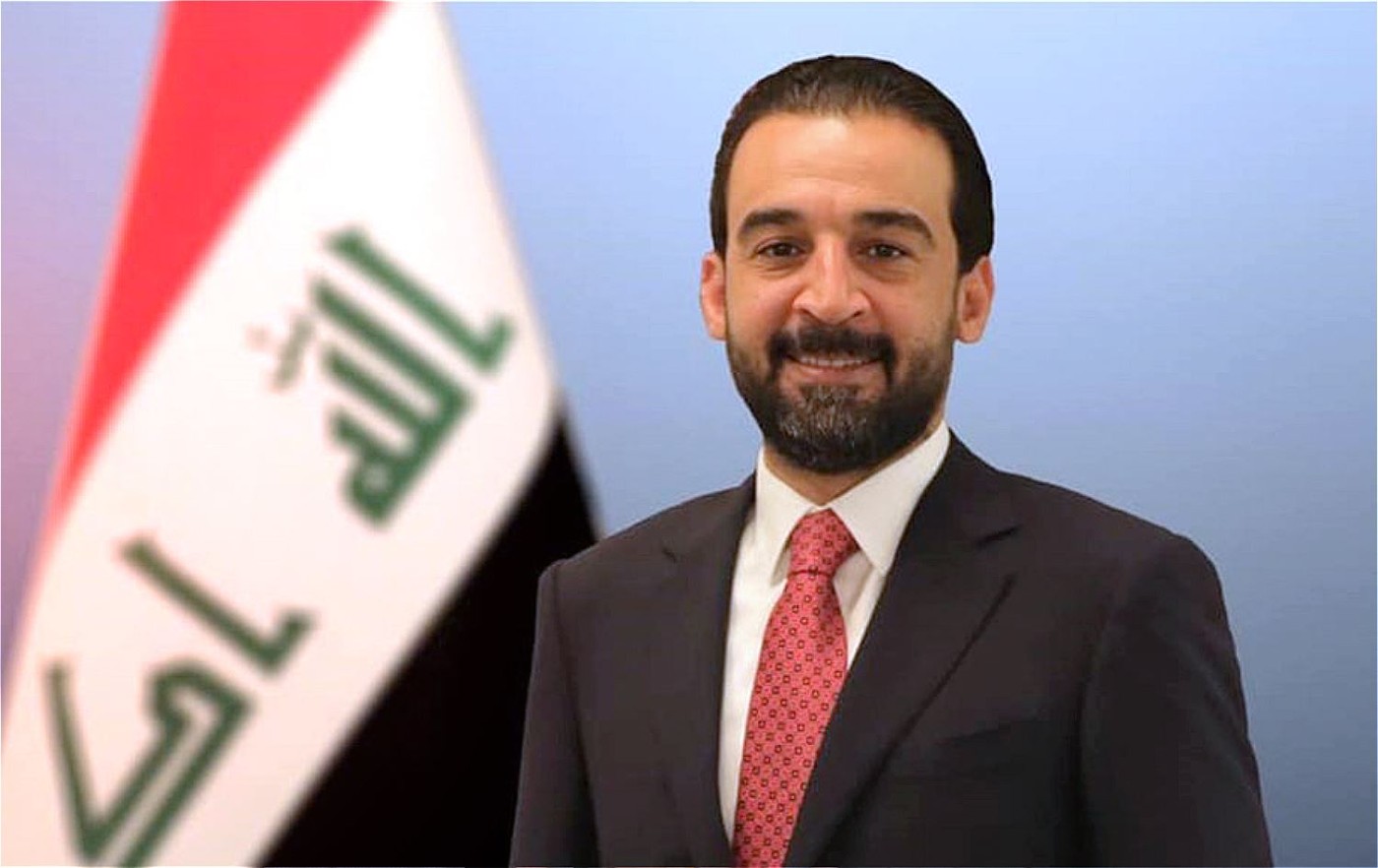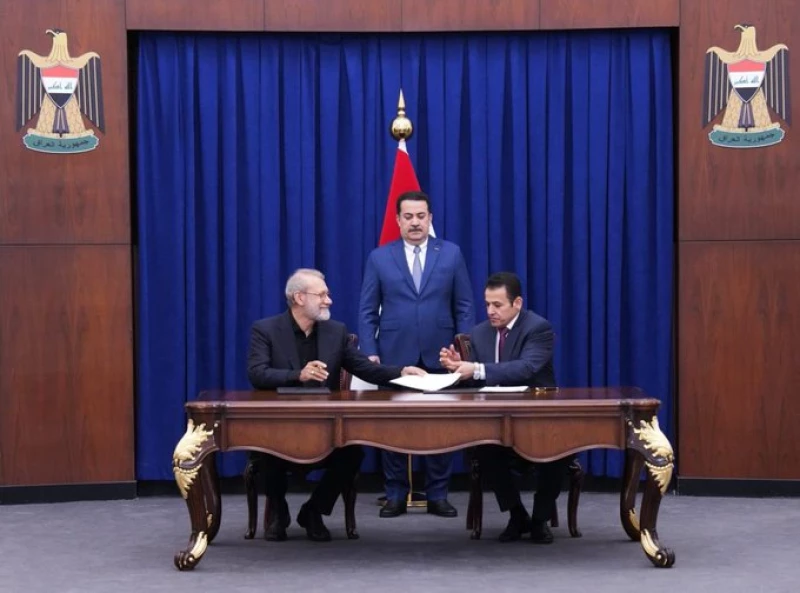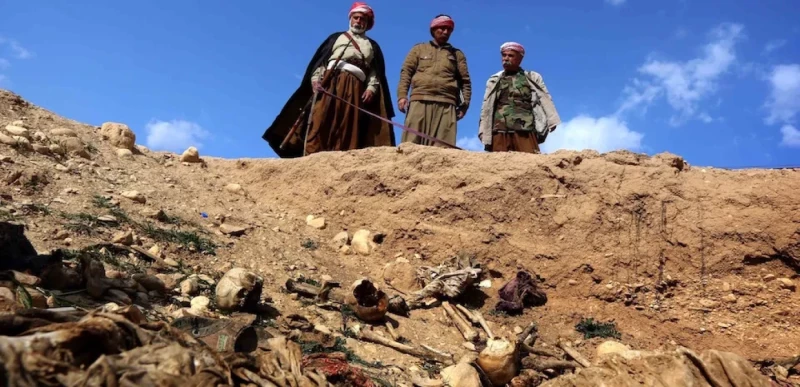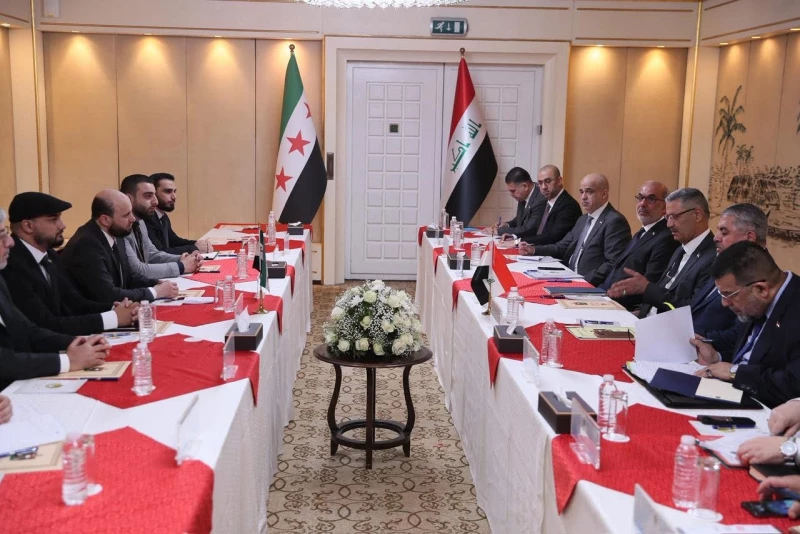BAGHDAD, Iraq – Preliminary results of Iraq’s first provincial council elections in over a decade showed that the party of the country’s former parliament speaker had not only raked in the largest number of votes in his native province of Anbar but also “took” the capital.
The result came as a surprise to those who expected the State of Law Coalition under former prime minister Nouri al-Maliki or other Iran-linked parties to win the most votes.
These groups’ main rival for the country’s Shia-majority constituency, popular firebrand cleric Muqtada al-Sadr, boycotted the vote.
The Taqaddum party under former parliament speaker Mohammed al-Halbousi from Iraq’s Sunni community instead got the most support in Baghdad.
Baghdad is the city with the second-largest population in the Arab world, trailing only Cairo, and is Shia-majority, as is the country as a whole. A large part of the population lives within the city.
According to planning ministry data from late 2021, 69.9% of Iraqis live in urban areas.
Halbousi’s travails and triumph
A November 14 ruling by Iraq’s Federal Supreme Court to end Mohamed al-Halbousi’s tenure as parliament speaker led to heated debate and questions about constitutionality.
Both Shia and other prominent Sunni figures in politics for many years longer than Halbousi had claimed following the court decision that the Iraqi and especially the Anbar population were tired of what they called his “authoritarian ways” and that his career in politics was “over”.
The large amount of support shown for his party in the elections in both his native province and the capital would seem to prove otherwise.
Since the end of Saddam Hussein's rule in 2003, Halbousi has been the only politician to hold the highest position in the country available for representatives of the Sunni community for more than one term.
The customary governing structure established after 2003 has been with the position of prime minister going to a member of the Shia majority and that of parliament speaker to a Sunni, while the role of president is de facto reserved for a member of Iraq’s Kurdish community.
Halbousi’s home province of Anbar is one of these areas that suffered greatly from IS and the war against it. However, it saw significant reconstruction and development under his regional governorship prior to being elected parliament speaker for the first time in 2018, as well as in the years since.
On the morning of the elections, several members of his Taqaddum party were disqualified by Iraq’s Independent High Electoral Commission.
Iran-backed groups come in first elsewhere, Sadr sits this one out
Iran-backed Shia parties and coalitions including Maliki’s State of Law and Badr Organization chief Hadi al-Amiri’s We Build Coalition nevertheless came in first in multiple provinces.
These coalitions are staunch rivals to Sadr, whose followers boycotted the vote but did not try to stop it from happening.
Though Sadr’s bloc received the largest number of votes in the October 2021 parliamentary elections, following months of political stalemate preventing the formation of a government he ordered his 73 lawmakers to resign from parliament in June 2022.
His followers then proceeded to stage a sit-in in the heavily fortified Green Zone in August 2022. An outbreak of deadly violence between his followers and rival Shia factions left dozens dead and led to him withdrawing entirely from politics in an attempt to stop the bloodshed, paving the way for the Iran-linked Coordination Framework coalition to form a government.
Prime Minister Mohammed Shia al-Sudani was subsequently sworn in as prime minister in late October 2022, over a year after the elections.
The Coordination Framework includes Maliki’s State of Law.
Parliamentary vote expected in 2025
Those eligible cast their votes in 15 of Iraq’s 18 provinces to choose 285 council members with a considerable amount of power, tasked as they are with overseeing local administration and appointing provincial governors.
The three provinces in the Kurdistan Region of Iraq did not take part. Elections there are expected to take place next year.
Provincial council elections were delayed in Iraq due to the war against the Islamic State (ISIS) in Iraq from 2014 to December 2017. Massive protests that brought down the Iraqi government at the time in 2019 led to the dissolution of the councils, which had been accused of corruption.
The Sudani government reinstated the councils.
Parliamentary elections are expected to take place at some point in 2025 but have not yet been scheduled.


 Facebook
Facebook
 LinkedIn
LinkedIn
 Telegram
Telegram
 X
X



